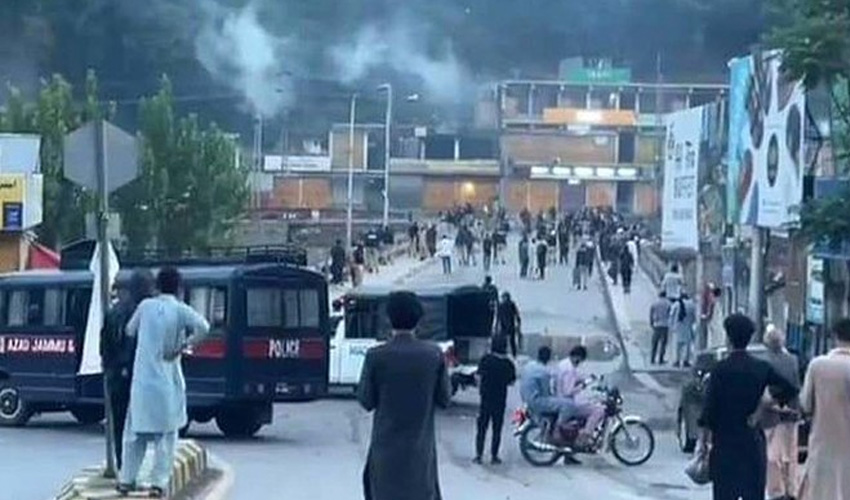The Indian-administered Jammu and Kashmir region continues to face significant restrictions on political and civil liberties, according to recent reports. These limitations have persisted for several decades, affecting various aspects of life in the disputed territory.
In 2019, the Indian government revoked Article 370, which had granted special status to Jammu and Kashmir. This move has further complicated the political landscape in the region.
Currently, an estimated 800,000 Indian military personnel are deployed in the area. The presence of such a large security force has raised concerns about the suppression of dissent and freedom of expression.
Reports indicate that hundreds of journalists and social activists have been detained by authorities. Additionally, restrictions on political and social gatherings remain in place.
The upcoming elections, scheduled for September 18, 2024, are viewed skeptically by some observers. Critics argue that these elections may not fully represent the will of the Kashmiri people due to the ongoing limitations on political freedoms.
The Indian government maintains that its actions are necessary for security and development in the region. However, human rights organizations continue to express concerns about the situation in Kashmir.



























